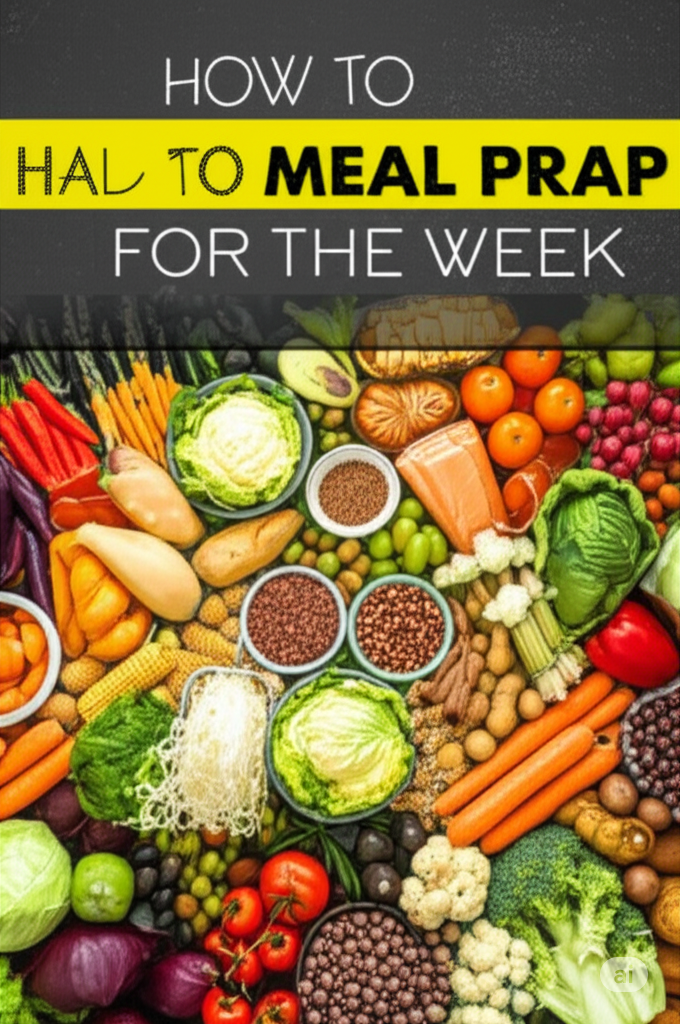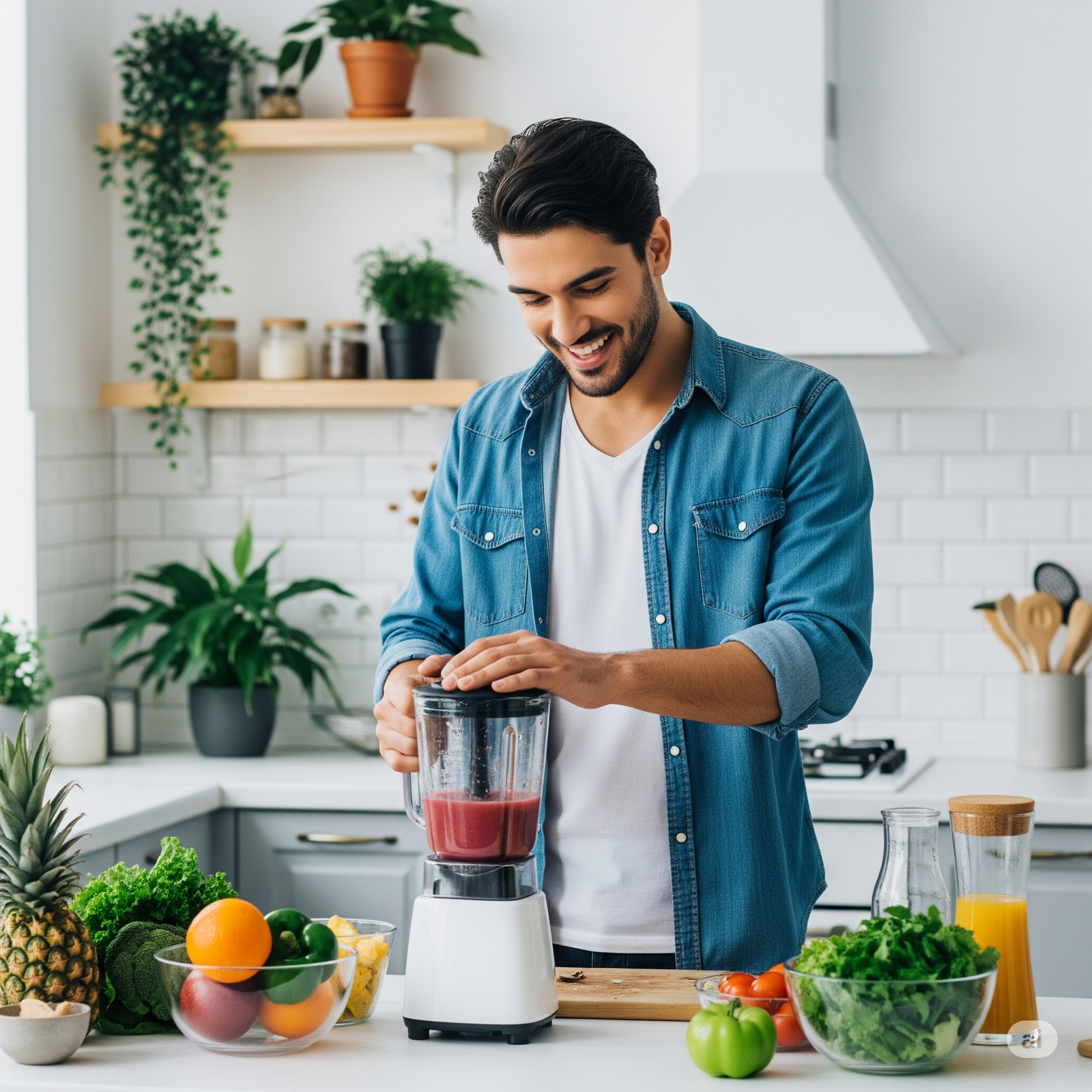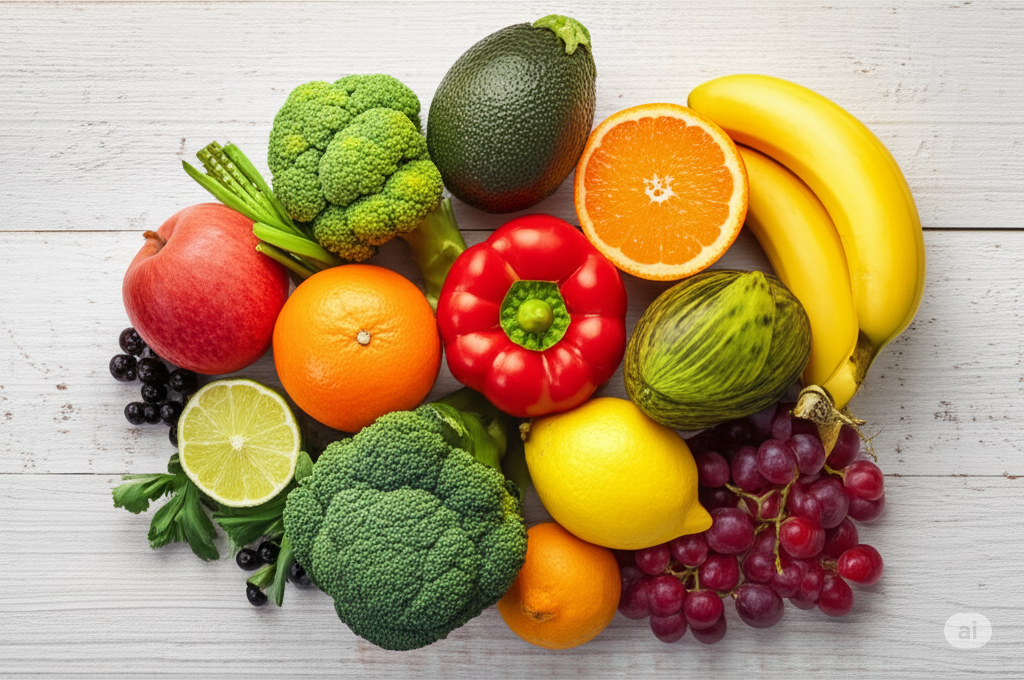In today’s fast-paced world, finding time to cook healthy meals can feel like a constant challenge. That’s where meal prepping comes in! Spending a few hours preparing your meals in advance can save you time, reduce stress, encourage healthier eating habits, and even save you money. If you’re new to the idea, don’t worry! This comprehensive guide will walk you through the steps to successful meal prepping for the week ahead.
1. Plan Your Meals:
The first and most crucial step is to plan what you’ll be eating throughout the week. Consider the following:
- Your Schedule: How many breakfasts, lunches, and dinners will you need to prepare? Factor in any eating out or social events.
- Your Dietary Needs and Preferences: Think about your nutritional goals, any allergies or intolerances, and the types of meals you enjoy.
- What’s in Your Pantry and Fridge: Check what ingredients you already have on hand to avoid unnecessary purchases.
- Keep it Simple: Start with familiar recipes that don’t have too many complex steps or ingredients.
Once you have a general idea, jot down your meal plan for the week. This will be your roadmap for your prepping session.
2. Create Your Grocery List:
Based on your meal plan, create a detailed grocery list. This will ensure you have all the necessary ingredients and help you stay focused while shopping, preventing impulse buys. Organize your list by grocery store sections (produce, dairy, meats, etc.) to make your shopping trip more efficient.
3. Choose Your Prep Day:
Select a day and time that works best for you to dedicate to meal prepping. Many people choose a Sunday afternoon, but it could be any day that allows you a few uninterrupted hours.
4. Gather Your Equipment:
Before you begin, make sure you have all the necessary tools and containers:
- Sharp Knives and Cutting Boards: For chopping vegetables and preparing proteins.
- Mixing Bowls: For salads, marinades, and combining ingredients.
- Measuring Cups and Spoons: For accurate portioning.
- Cookware: Pots, pans, baking sheets, etc., depending on your recipes.
- Food Storage Containers: Invest in a variety of airtight containers in different sizes. Glass or BPA-free plastic containers are good options.
5. Start Cooking (Strategically):
Now comes the fun part! Approach your cooking strategically to maximize efficiency:
- Multi-Task: While one thing is baking or simmering, work on chopping vegetables or preparing another component of a meal.
- Cook in Bulk: If you’re making rice, quinoa, or other grains, cook a large batch that can be used in multiple meals. Similarly, roast a tray of mixed vegetables that can be added to various dishes.
- Focus on Components: Instead of preparing entire complete meals, sometimes it’s more efficient to prep individual components like grilled chicken breasts, roasted sweet potatoes, or a large salad base. You can then mix and match these components throughout the week.
6. Cool and Store Properly:
Once your food is cooked, allow it to cool completely before packing it into containers. This prevents condensation buildup, which can encourage bacterial growth. Store different meal components separately if possible to maintain their texture and freshness. For example, keep salad dressing separate from your salad.
- Refrigeration: Most prepped meals will last for 3-4 days in the refrigerator. Label your containers with the date they were prepared.
- Freezing: Some meals or components can be frozen for longer storage (up to 2-3 months). Soups, stews, and cooked grains freeze well. Ensure food is properly cooled and stored in freezer-safe containers. Thaw frozen meals in the refrigerator overnight before reheating.
7. Reheat and Enjoy!
When you’re ready to eat, simply reheat your prepped meals. Depending on the dish, you can use the microwave, oven, or stovetop. Add fresh garnishes or sauces if desired to enhance the flavor.
Tips for Meal Prep Success:
- Start Small: If you’re new to meal prepping, don’t try to overhaul your entire week at once. Start by prepping just lunches or dinners for a few days.
- Variety is Key: Don’t eat the same thing every day! Incorporate a variety of recipes and ingredients to keep your meals interesting and ensure you’re getting a wide range of nutrients.
- Invest in Good Containers: Quality airtight containers will help keep your food fresh and prevent leaks.
- Clean as You Go: Washing dishes and wiping down surfaces as you cook will make the cleanup process much easier.
- Find Inspiration: Explore cookbooks, blogs, and social media for meal prep ideas and recipes.
Meal prepping is a game-changer for busy individuals and families looking to prioritize healthy eating. By following these simple steps, you can take control of your meals, save valuable time, and enjoy delicious, home-cooked food throughout the week.













Leave a Reply